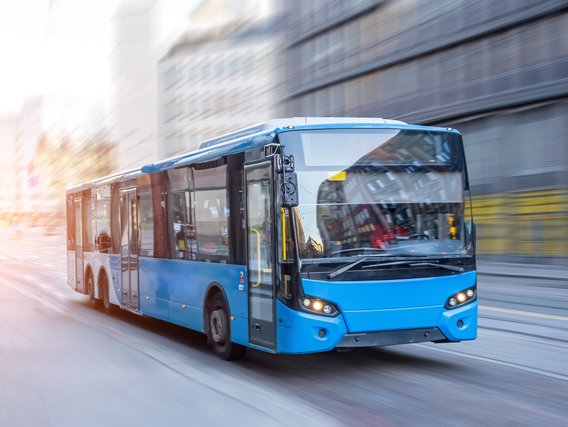
Electric or hydrogen? Ready for the next paradigm shift?
The great advantage of hydrogen is the fact that it can replace petrol, diesel or paraffin in the course of hydrogen mobility. The molecule of the future can be produced wherever there is water and electricity, and it can be refuelled almost as easily and quickly as conventional fuels. Only the availability of hydrogen is currently limited, which should soon change for the better with the support of targeted funding programmes from the German government.
The background to the funding programmes is the Paris climate agreement with ambitious targets for a largely greenhouse gas-neutral Europe by 2050, by which time around 40 percent of energy requirements in the transport sector in Germany are to be covered by hydrogen. At around 70 per cent, lorry traffic in particular is expected to account for the largest share of the energy-policy turnaround in transport through hydrogen technology. This will make it possible to reduce dependence on fossil fuel imports for transport from the current 95 per cent to 75 per cent.